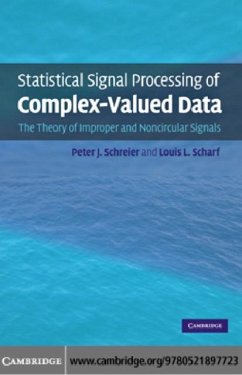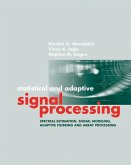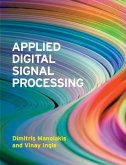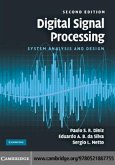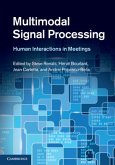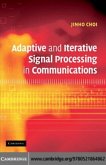Complex-valued random signals are embedded in the very fabric of science and engineering, yet the usual assumptions made about their statistical behavior are often a poor representation of the underlying physics. This book deals with improper and noncircular complex signals, which do not conform to classical assumptions, and it demonstrates how correct treatment of these signals can have significant payoffs. The book begins with detailed coverage of the fundamental theory and presents a variety of tools and algorithms for dealing with improper and noncircular signals. It provides a comprehensive account of the main applications, covering detection, estimation, and signal analysis of stationary, nonstationary, and cyclostationary processes. Providing a systematic development from the origin of complex signals to their probabilistic description makes the theory accessible to newcomers. This book is ideal for graduate students and researchers working with complex data in a range of research areas from communications to oceanography.
Dieser Download kann aus rechtlichen Gründen nur mit Rechnungsadresse in A, B, BG, CY, CZ, D, DK, EW, E, FIN, F, GR, HR, H, IRL, I, LT, L, LR, M, NL, PL, P, R, S, SLO, SK ausgeliefert werden.

